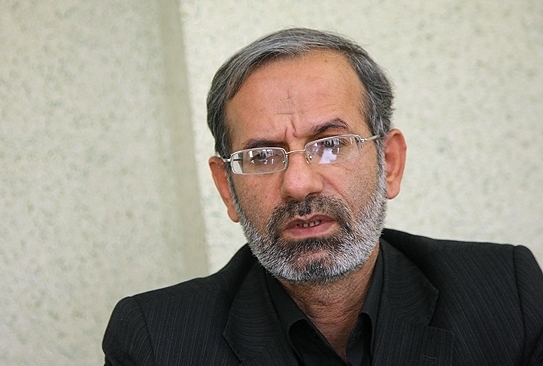
RNA – Speaking at a roundtable discussion entitled “Human Rights and Muslim Countries,” Dr. Sadollah Zarei, a Middle East expert, said that an estimated twenty million Muslims living in Kashmir have been deprived of their basic rights to choose their own destiny for 68 years.
“Until now, thousands individuals have been killed in Kashmir but claimants of human rights have no objection to this because in the Kashmir conflict is between Muslims and non-Muslims and they prefer to remain silent,” he said.
The senior West Asia affairs analyst explained that today, there is a clear discrimination against the Kashmiri people in India. While they face poor living and economic situations, India is ranked four or five among the world’s economic powers but these people are even deprived of their basic rights.
He pointed out that everyone should respect the basic rights of the Kashmiri people and it is wrong to say that the people of Kashmir are extremists because they demand their basic rights. “Even if it is assumed that they are extremists, those who have occupied Kashmir and do not abide by their obligations are more extremist,” he said.
Dr. Zarei said: “If parts of the Muslim world today are facing poverty and weakness, it’s due to the fact that some powers want to dominate over them.”
Referring to the double standards of the West in the face of terrorism, Dr. Zarei said if the West divides terrorists into good and bad, this results from their dualistic perspective in regard to humankind - if man is in service to modern workmanship, they’re considered good by the West, but if they don’t serve them, they’re considered bad.
The expert in Middle Eastern affairs noted the existence of seventeen secret prisons in Europe which the Americans guard without acknowleding their details, stressing that the Europeans who claim to be the harbingers of freedom and human rights have fallen on deaf ears.
He added that in dealing with human rights claims by the same prisoners, they have been silent because according to their definition of human rights, such individuals are not human.
111/112